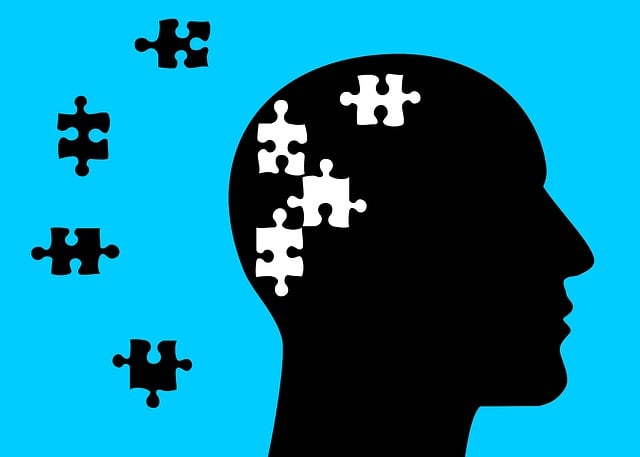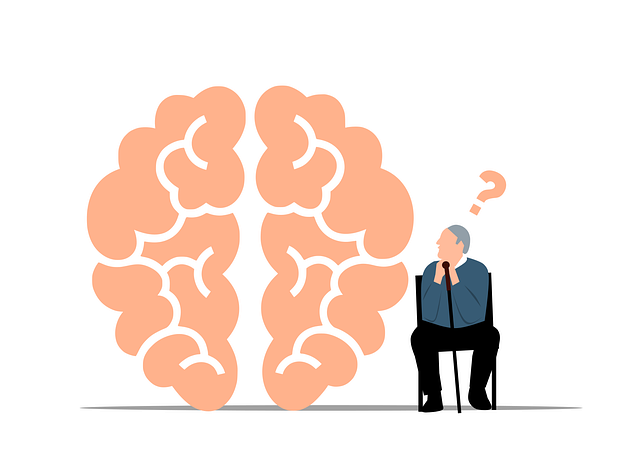Lone Tree Adolescent and Teen Therapy employs robust risk management strategies, integrating Emotional Intelligence, public awareness, and emotional regulation techniques to mitigate hazards within high-stress work environments. They proactively assess and address risks through comprehensive evaluations, incorporating resilience-building techniques and evidence-based interventions aligned with Mind Over Matter Principles. This approach creates safe, supportive environments that foster growth, enhance therapeutic outcomes, and promote long-term mental wellness for adolescents and teens.
Mental health professionals constantly navigate complex risks, from client confidentiality to potential self-harm. Effective risk management planning is essential to ensure safe, ethical practices. This article explores strategies tailored for mental health professionals, focusing on real-world insights from Lone Tree Adolescent and Teen Therapy. We’ll delve into identifying risks specific to adolescent therapy, developing robust plans, and implementing strategies to mitigate these risks, enhancing the safety of both clients and practitioners.
- Understanding Risks in Mental Health Practice
- The Role of Risk Assessment at Lone Tree Adolescent and Teen Therapy
- Developing a Comprehensive Risk Management Plan
- Implementing Strategies for Mitigating Risks in Therapy Sessions
Understanding Risks in Mental Health Practice

Mental health professionals, like those at Lone Tree Adolescent and Teen Therapy, frequently encounter complex challenges that can pose risks to both clients and practitioners. Understanding these risks is the first step in effective risk management planning. Many factors contribute to potential hazards in this field, from intense emotional disclosures by clients to high-stress work environments.
Emotional Intelligence plays a crucial role in mitigating these risks. Professionals who can recognize and manage their own emotions, as well as understand and respond sensitively to the emotions of others, are better equipped to navigate potentially challenging situations. Public Awareness Campaigns Development can also contribute to risk reduction by fostering an environment where mental health issues are openly discussed, thereby reducing stigma and encouraging clients to seek help. Furthermore, focusing on Emotional Regulation techniques can empower both professionals and their clients to cope with difficult emotions, promoting a safer and more supportive therapeutic environment.
The Role of Risk Assessment at Lone Tree Adolescent and Teen Therapy

At Lone Tree Adolescent and Teen Therapy, risk assessment plays a pivotal role in our comprehensive risk management planning for mental health professionals. We understand that working with adolescents and teens comes with unique challenges, requiring us to be proactive in identifying potential risks and implementing strategies to enhance their mental wellness. Our skilled therapists conduct thorough assessments to evaluate each client’s emotional, behavioral, and social factors, enabling us to tailor interventions effectively.
By integrating resilience-building techniques into our risk management planning for mental health professionals, Lone Tree Adolescent and Teen Therapy ensures that our young clients develop the tools necessary to navigate life’s challenges. This proactive approach not only mitigates risks but also fosters growth and promotes mental wellness, ultimately contributing to their overall well-being and success.
Developing a Comprehensive Risk Management Plan

Developing a comprehensive risk management plan is an essential step for mental health professionals, especially those at organizations like Lone Tree Adolescent and Teen Therapy. This process involves identifying potential risks and hazards within the practice setting and implementing strategies to mitigate their impact. A well-structured plan ensures the safety of both clients and therapists, fostering an environment conducive to healing.
By incorporating Mental Wellness Journaling Exercise Guidance and Trauma Support Services into daily practices, professionals can proactively address common challenges. Additionally, cultivating cultural sensitivity in mental healthcare practice is crucial for understanding and respecting diverse client backgrounds, ensuring inclusive care. Effective risk management also includes regular staff training, clear crisis communication protocols, and ongoing evaluation to adapt strategies as needed.
Implementing Strategies for Mitigating Risks in Therapy Sessions

Implementing effective strategies to mitigate risks during therapy sessions is paramount for mental health professionals, especially when working with adolescents and teens at Lone Tree Adolescent and Teen Therapy. These strategies are grounded in the Mind Over Matter Principles, which emphasize fostering a safe and supportive environment while enhancing client resilience. By integrating confidence-boosting techniques into therapy, practitioners can mitigate potential risks, such as emotional distress or re-traumatization.
Risk assessment is a cornerstone of these strategies. Mental health professionals should conduct thorough assessments to identify clients’ vulnerabilities, past traumas, and current stressors. This enables them to tailor interventions accordingly, ensuring that each session is tailored to address unique needs while minimizing potential risks. Regularly reviewing and updating risk management plans is essential, as client presentations may evolve over time.
Mental health professionals, especially at institutions like Lone Tree Adolescent and Teen Therapy, must prioritize risk management planning to ensure a safe and supportive environment. By understanding risks, conducting thorough risk assessments, and developing comprehensive plans, therapists can effectively mitigate potential dangers. Implementation of strategies during therapy sessions further bolsters this protection, fostering a secure space for clients to heal and grow. This structured approach not only safeguards professionals and their clients but also strengthens the overall efficacy of mental health services provided.














